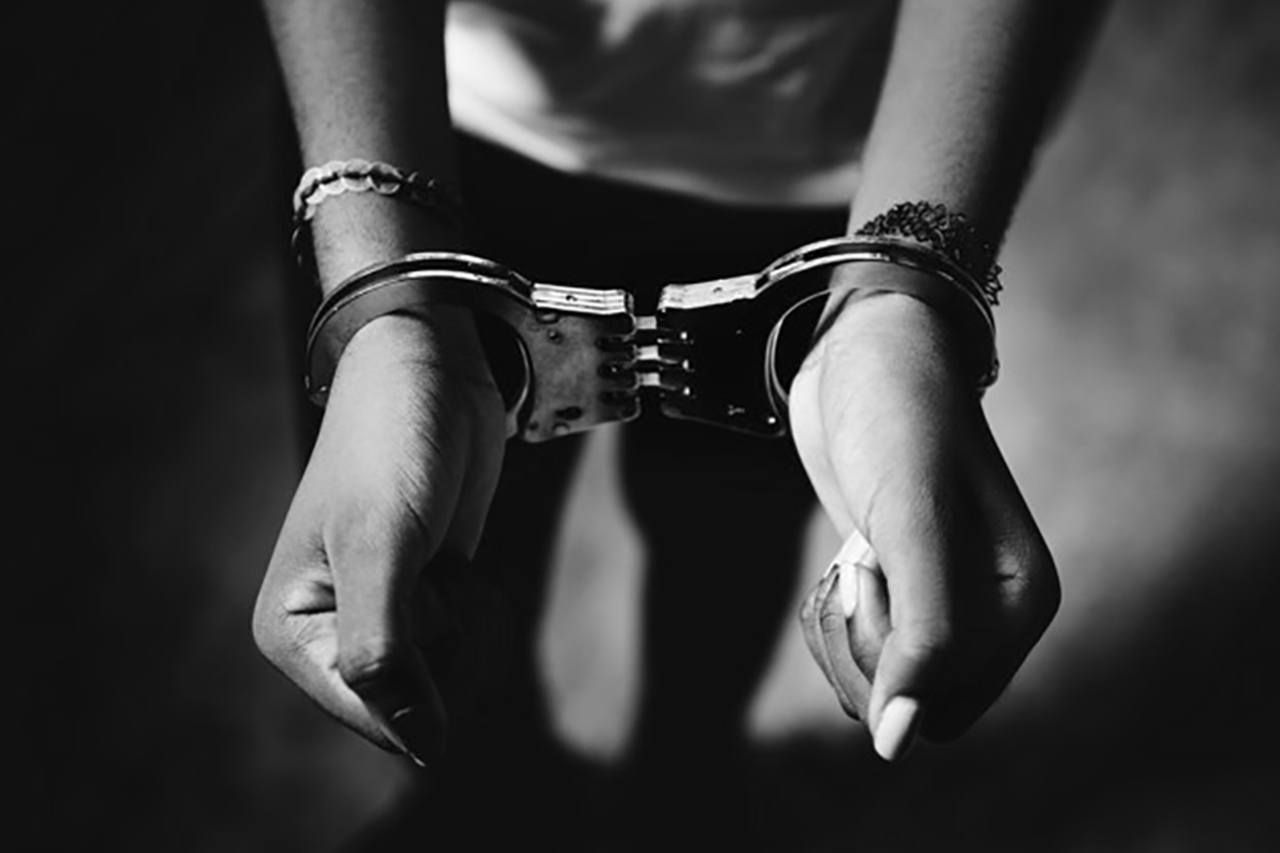The Criminal Procedure Act has a strict set of guidelines stating when a person may be arrested. In short, the Act says a police officer has the right to arrest you if:
- There’s a warrant for your arrest.
- You are caught in the process of a committing a crime.
- There is reasonable suspicion that you have committed an offence, or you’re on your way to commit an offence.
YOU’VE BEEN ARRESTED. NOW WHAT?
The most important thing to do when you’re being arrested is to remain calm. Don’t become aggressive or try and fight back. Even if you suspect a wrongful arrest, it’s best to follow the police’s instructions. Remember that you’re presumed innocent until proven guilty.
- Know why you’re being arrested. By law, the arresting officer must tell you exactly why you are being arrested. This must happen either during the actual arrest or immediately after. This should be done in a language you can understand. If there’s a warrant, you are legally entitled to see a copy of the warrant.
- Keep quiet. There is no legal obligation for you to tell the police anything. The only thing the police are legally allowed to ask you is your physical address – nothing more.
- You may be searched. However, you may not be searched without explicit consent, and the person conducting the search much be of the same sex.
- Fingerprints and photographs. The police are legally obligated to take photographs of you and your belongings as well as take your fingerprints before placing you in a cell.
- If you’re under 18. You have the right to be assisted by a parent or guardian from the time of your arrest as well as during the trial.
- Find a lawyer. As soon as you are able to, call a lawyer. It is crucial that you have a legal representative before you make any statements. If you can’t afford a lawyer, the State will make one available to you. Alternatively, you can contact Legal Aid for assistance.
- You may receive visits. You are entitled to communicate with and receive visits from your spouse, partner, religious counsellor and/or medical practitioner of your choice.
- They can detain you for 48 hours. Legally, police may not hold you without trial for longer than two days. However, should you be arrested over a long weekend, you must appear before court no later than the end of the first working day thereafter.
- Your human rights still matter. While in detention, you have the right to have access to food, water, sanitation facilities and any medical attention if needed.
- A fair trial. Should you appear before court, you are entitled to request proceedings take place in a language you can easily understand.
Can I Film Police? Yes, you are allowed to film the police in public spaces while they’re doing their job as long as you filming them does not interfere with their duties. The police are not at liberty to force you to delete any content from your phone. |
BAIL AND WARNING
It’s important to understand the procedures around bail and what it means to be “released on warning”:
- Released on warning. In this case, a document stating when you must appear in court is given to you prior to your release. If you fail to appear on the specified date, you may be arrested.
- Police bail. The investigating officer will determine the amount to be paid as bail. This can be done without intervention from a judge. Note that police bail can only be granted for less serious offences such as:
- Common assault
- Theft amounting to less than R2500
- Criminal defamation (Crimen Injuria)
- Drunken driving
- Reckless or negligent driving (such as excessive speeding or overtaking when it isn’t safe to do so)
- For more serious offences, only a State Prosecutor or the Court can set bail.
- You are entitled to apply for bail at any stage following arrest.
IN CASE OF WRONGFUL ARREST
A wrongful or unlawful arrest is whenever you have been arrested and/or detained:
- Without legal cause.
- For a crime you didn’t commit.
- In a manner that caused physical harm to you in the process.
You can also claim wrongful or unlawful arrest when you experience any of the following during and after the arrest:
- Use of excessive force
- Physical assault
- Sustaining injuries while being detained
- Illegal or improper search
- Sexual abuse
Should you fall victim to wrongful arrest, you have the right to claim damages. It is best to seek legal representation as the complaints procedure and eventual criminal case can be quite complicated. Damages you can claim for include any financial losses incurred during and after your arrest (such as the loss of income), any medical costs for injuries sustained and any future treatments relating to the injuries, and damages relating to your loss of freedom, dignity and mental suffering experienced during the arrest and detention.
You need to gather as much evidence as possible including details of the arresting officer/s, the contact details for any witnesses and any expenses relating to the arrest and/or detention. Also take photographs of any injuries as soon as you are able to and keep these images safe.
Should a family member or spouse die while they are in police custody, you are also entitled to submit a claim and/or open a case of wrongful arrest where this applies.
A case of wrongful arrest must be opened against the SAPS within 6 months of the incident. You can lodge a formal complaint to the Independent Police Investigative Directorate in person, telephonically or via email.
Sources: Criminal Procedure Act 51 of 1977 | SAPS

